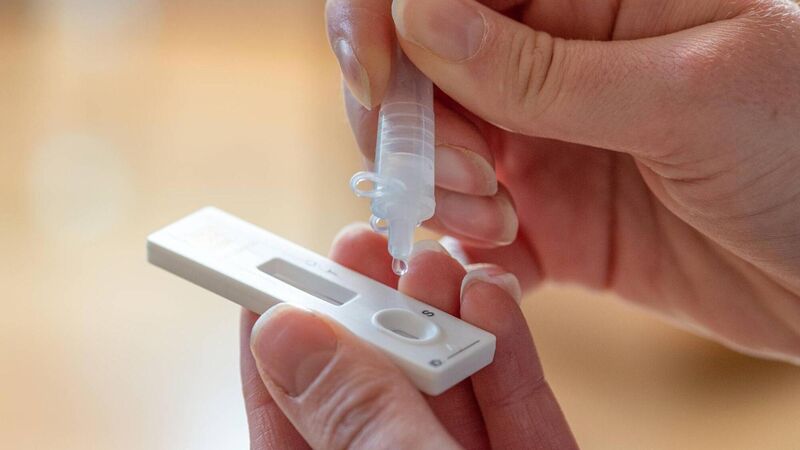Schools to reopen as planned as Covid isolation periods to be shortened

Education Minister Norma Foley will meet with the teacher unions, parents groups and boards of management on Tuesday in a scheduled meeting.
Isolation periods are set to be shortened in a bid to counter high absences in the workforce when government leaders meet on Tuesday evening.
Schools will also reopen as planned this week, the Government has indicated.










